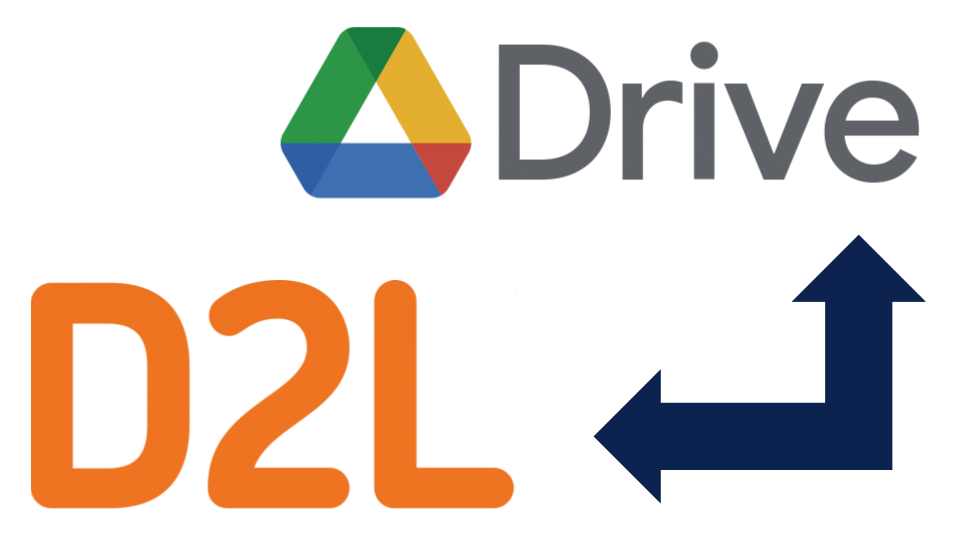by Christy L Hoffman | Aug 30, 2021 | Faculty
boisseron
The anthrozoology master’s program is pleased to announce that Dr. Bénédicte Boisseron, professor of Afro American and African Studies at the University of Michigan (Ann Arbor) and author of Afro-Dog: Blackness and the Animal Question, will be the distinguished speaker at the program’s upcoming virtual on-campus component. Members of the Canisius community are invited to attend her presentation (via Zoom) on Thursday, September 2 at 7:00 p.m. To attend, please register at tinyurl.com/BoisseronCanisius.
Dr. Boisseron’s work brings into conversation Black Diasporic Studies, Animal Studies, and Environmental Humanities. She is the author of Creole Renegades: Rhetoric of Betrayal and Guilt in the Caribbean Diaspora (2014), 2015 winner of the Nicolás Guillén Outstanding Book Award from the Caribbean Philosophical Association. Her most recent book, Afro-Dog: Blackness and the Animal Question (2018), draws on current debates about Black life and animal rights in the history and culture of the Americas and the Black Atlantic. She is currently at work on a book titled Black Freeganism, on the poetics of repurposing, reclaiming, and reusing in a black context.
Submitted by: Christy Hoffman, associate professor, ABEC
by Mary Rockwell | Aug 30, 2021 | Faculty
slow-roll-flyer
Today, Monday, August 30, the Slow Roll Buffalo will depart from the Em Tea Coffee Cup on Oakgrove Avenue.
Let’s get a crew from Canisius to participate!
Meet in front of the Chapel at 5:45 p.m. and we will roll together over to the starting point. Friends and family are welcome. Wear your Canisius gear.
Any questions, contact Mary Rockwell, director of the New Buffalo Institute, at Ext. 2128.
Submitted by: Mary Rockwell, PhD, director, New Buffalo Institute
by Tyler Kron-Piatek | Aug 30, 2021 | Faculty
 As with many websites, D2L is ending support for various legacy (older versions of) web browsers.
As with many websites, D2L is ending support for various legacy (older versions of) web browsers.
You may see a message similar to the image above.
Happily, the fix is simple: update your browser. You can do a web search similar to “how do I update YourWebBrowser” to find the steps
Also, note that Internet Explorer and Legacy Edge users will not be able to access D2L unless they update to a newer version of Edge or download a new web browser.
Submitted by: Tyler Kron-Piatek, academic technologist, COLI
by Scott Clark | Aug 30, 2021 | Faculty
In order to increase security, Canisius will be requiring all full-time faculty and staff to set up multi-factor authentication (MFA) for their accounts. MFA adds a simple to use layer of protection to your login process that will greatly enhance the security of your accounts. This requirement takes effect October 1st. Failure to set up MFA by this date may result in being locked out of your account. The setup is easy to complete and available in the Canisius portal now, under “My Applications”, “Multifactor Authentication (MFA) Config”. After enrolling in MFA, your password will expire every 365 days instead of every 180 days.
Instructions are available here: https://wiki.canisius.edu/x/Zy_8BQ
Users are strongly encouraged to set up more than one method of authentication.
Advanced users can also use a digital authenticator app. This is NOT required but is available as an alternative authentication method. Instructions are available here:
https://youtu.be/8FgVuQdjz5M
The Canisius Help Desk is available for any questions or problems you may encounter. For assistance, stop by the Help Desk in Horan O’Donnell 016, call 888-8340 or email helpdesk@canisius.edu
Additional information:
What is Multi-factor Authentication (MFA) and why is it going to be required?
Multi-factor authentication (MFA) is defined as a security mechanism that requires an individual to provide two or more credentials in order to authenticate their identity. In IT, these credentials take the form of passwords, hardware tokens, numerical codes, biometrics, time, and location. Canisius will be using challenge questions and numerical codes that can be sent to alternate email addresses and texted to cell phones. An encrypted external authenticator application may also be used.
One example that we all encounter is when you log into your online banking portal and you’re given a code on your cell phone to be able to log into the online accounts. Everyone should understand the need to protect our financial and student data from those who wish to do bad things with it. We see daily headlines in the news about companies that have had data breaches. It’s just a fact of life now in the 21st century and our digital age. There are bad actors everywhere on the internet and users often are “tricked” into revealing their credentials. MFA helps to protect the college from these situations and keeps these intruders out of our systems.
By requiring our community to use MFA, our accounts and the data we access about students, college financials and other confidential information will be more secure and less likely to be obtained by others.
Submitted by: Scott Clark, director of user services, ITS
by Tyler Kron-Piatek | Aug 30, 2021 | Faculty

Google is strengthening security on files stored in Google Drive. This means some files’ sharing links now have additional characters that are automatically applied by Google.
Because of this, you may need to replace links to files stored in your Google Drive, that you have within your D2L course spaces.
Google provides an easy way to identify these files. If you log into your Google Drive, and you have files so affected, you may see a banner with the following information:
On September 13, 2021, a security update will be applied to some of your files.
Click See files to view the filtered list of files which require new sharing links in D2L (or anywhere else on the web you may have applied a sharing link.)
Did you already dismiss the message (clicked X)? No problem; paste this search string into the search bar within Google Drive, and click the magnifier icon to run the search:
is:security_update_applied
You may not find any files at all, or any files you are still using. If the latter, consider setting the sharing on those files to “restricted” or better still, delete them from your drive. A few minutes’ clearing old files can save you time in the future when searching in your Google Drive.
Submitted by: Tyler Kron-Piatek, academic technologist, COLI


